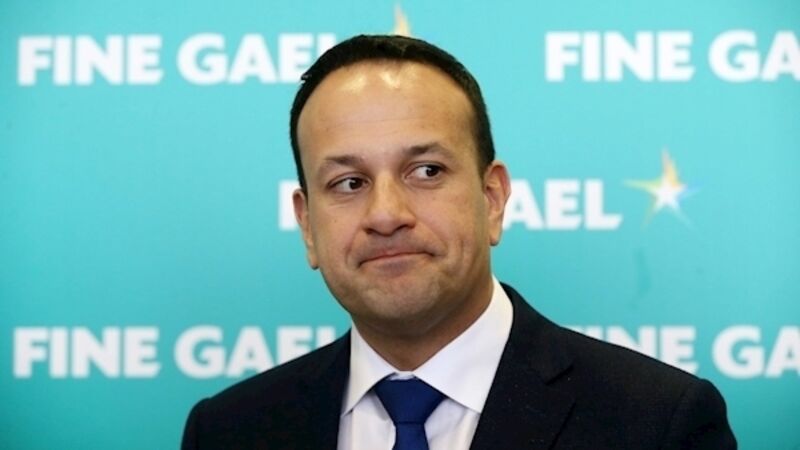EU commissioner for tourism?: Office would help sustain €6bn sector

Taoiseach Leo Varadkar’s suggestion that it will cost €50bn to make all homes energy efficient and another €30bn to replace petrol and diesel cars put a figure, no matter how elastic, on climate costs.
Had he added a-plucked-from-the-sky-guess at what it will cost to build tidal barriers to protect Dublin, Waterford, Cork, Limerick and Galway his estimate would be far closer to €100bn.
















